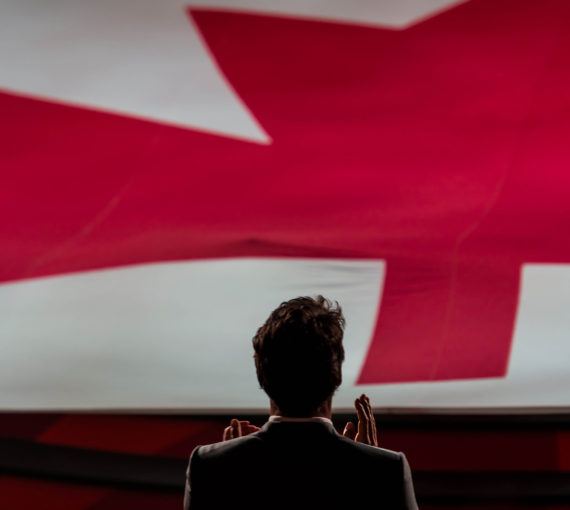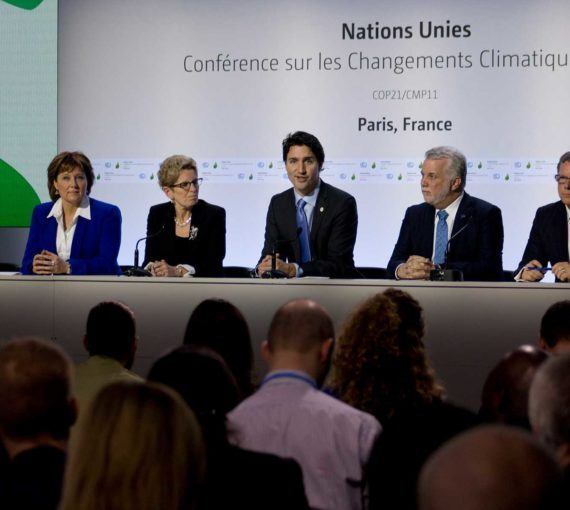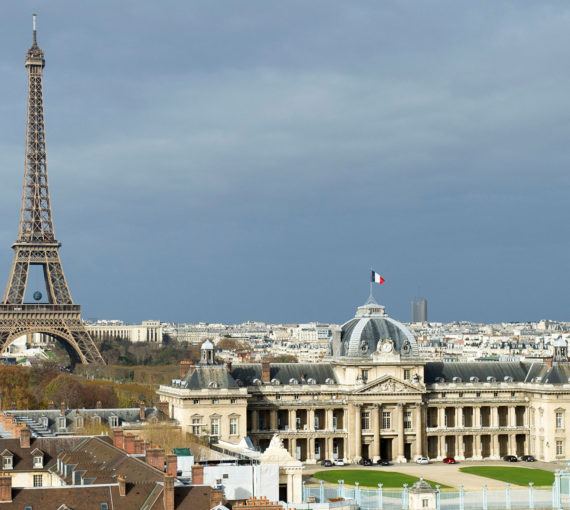When bright young idealists share their environmental concerns with me, I encourage them to get involved in politics. That’s where decisions have to be made about the severe ecological problems we face.
Have you noticed, though, how often idealism gives way to a sense of entitlement to all the perks that come with political office? It’s amazing how being elected to serve the people is often turned on its head: we’re expected to support elected leaders without protest or question. And what happens to many who leave government? Lucrative board memberships and business deals.
Some politicians take a different road, though. Former U.S. President Jimmy Carter stepped down after one term, was roundly ridiculed by popular media, yet continued to dedicate his life to promoting justice and eliminating poverty around the world. Nelson Mandela is another incredible role model who sets a high bar.
But something particularly unique is happening in South America. I only recently learned of Jose Mujica, a remarkable man who became president of Uruguay in 2009.
He’s a radical activist who, in the 1960s, joined the left-wing guerrilla group known as Tupamaros, formed by sugar-cane workers and students. The organization was crushed after a military coup in 1973. Mujica was shot six times and imprisoned for 14 years; he claims incarceration solidified his thinking. In 1985, constitutional democracy was restored to Uruguay and Mujica was released. He ran for office and was elected president in 2009.
And what a politician! He’s a vegetarian who lives in his wife’s ramshackle farmhouse where they work together in the fields growing flowers. He turned down the opportunity to move into the presidential palace in Montevideo, preferring to stay on the farm, which is linked to the capital city by a dirt road. Under Uruguay’s law, elected officials must declare their personal wealth. In 2010, Mujica’s was $1,800, the value of the 1987 Volkswagen beetle he drives. When he added a share of his wife’s assets — her house, land and tractor — it brought his declared family wealth to $215,000.
Mujica receives $12,000 a month as president but donates 90 per cent of it to the poor and small businesses. “I can live well with what I have,” he says. “I’m called ‘the poorest president’, but I don’t feel poor. Poor people are those who only work to try to keep an expensive lifestyle, and always want more and more.”
He added, “This is a matter of freedom. If you don’t have many possessions then you don’t need to work all your life like a slave to sustain them, and therefore you have more time for yourself. I may appear to be an eccentric old man… But this is a free choice.”
Mujica attended Rio+20, the United Nations Conference on Sustainable Development, in June 2012, where he stated: “We’ve been talking all afternoon about sustainable development — to get the masses out of poverty. But what are we thinking? Do we want the model of development and consumption of the rich countries? I ask you now: What would happen to this planet if Indians would have the same proportion of cars per household as Germans? How much oxygen would we have left? Does this planet have enough resources so seven or eight billion can have the same level of consumption and waste that today is seen in rich societies? It is this level of hyper-consumption that is harming our planet.”
Mujica says most world leaders have a “blind obsession to achieve growth with consumption, as if the contrary would mean the end of the world.”
He’s hit a bit of a bump in popularity, dropping below 50 per cent for refusing to veto a bill legalizing abortion before 12 weeks (as all his predecessors did) and supporting a debate on legalization of marijuana use that would give the state a monopoly over its trade. Mujica points out: “Consumption of cannabis is not the most worrying thing; drug-dealing is the real problem.”
Mujica isn’t worried about the drop in popularity. It’s part of politics, and besides, he’s 77 and can’t run again in 2014. He’s a good role model with wise, enduring values, and an inspiration for people around the world.



